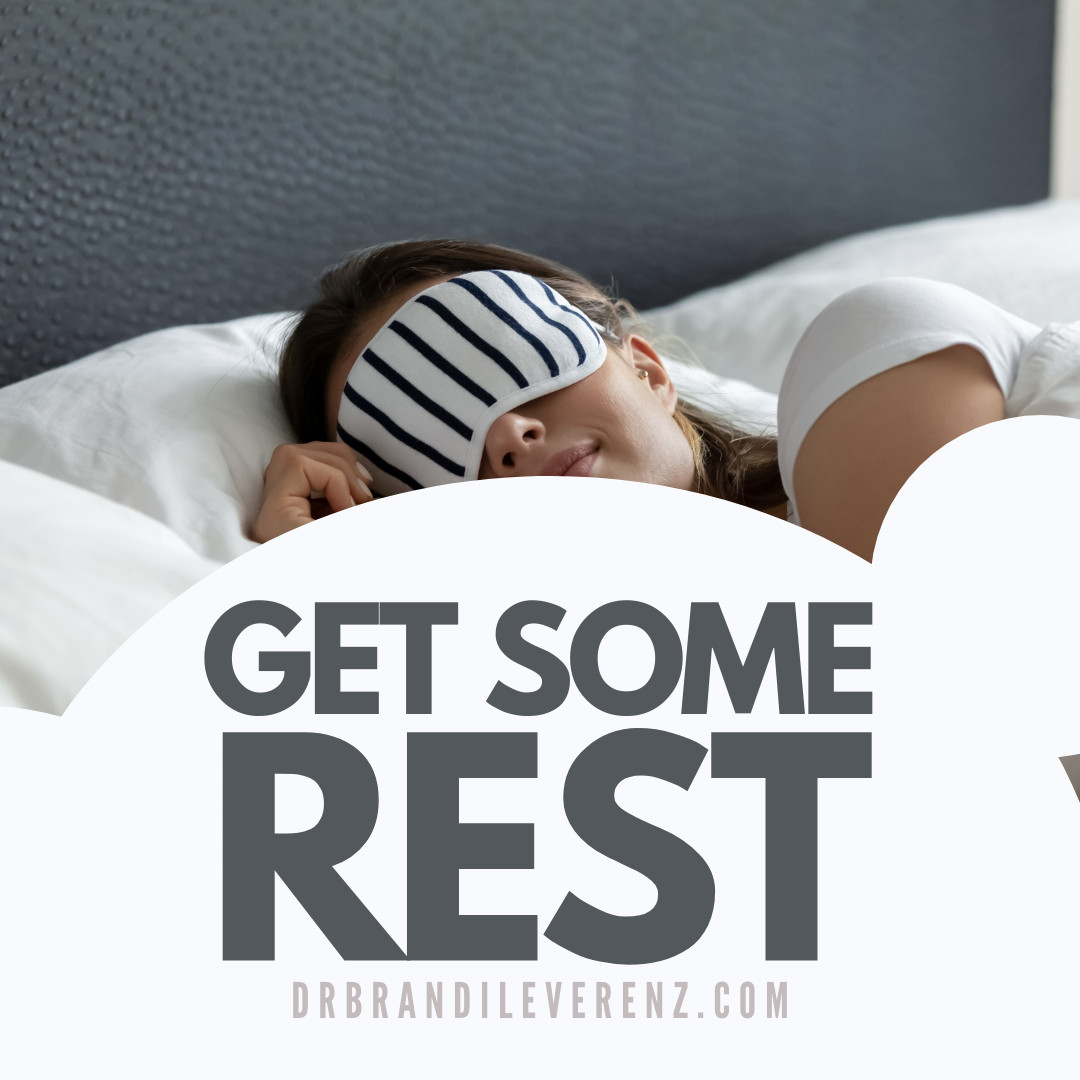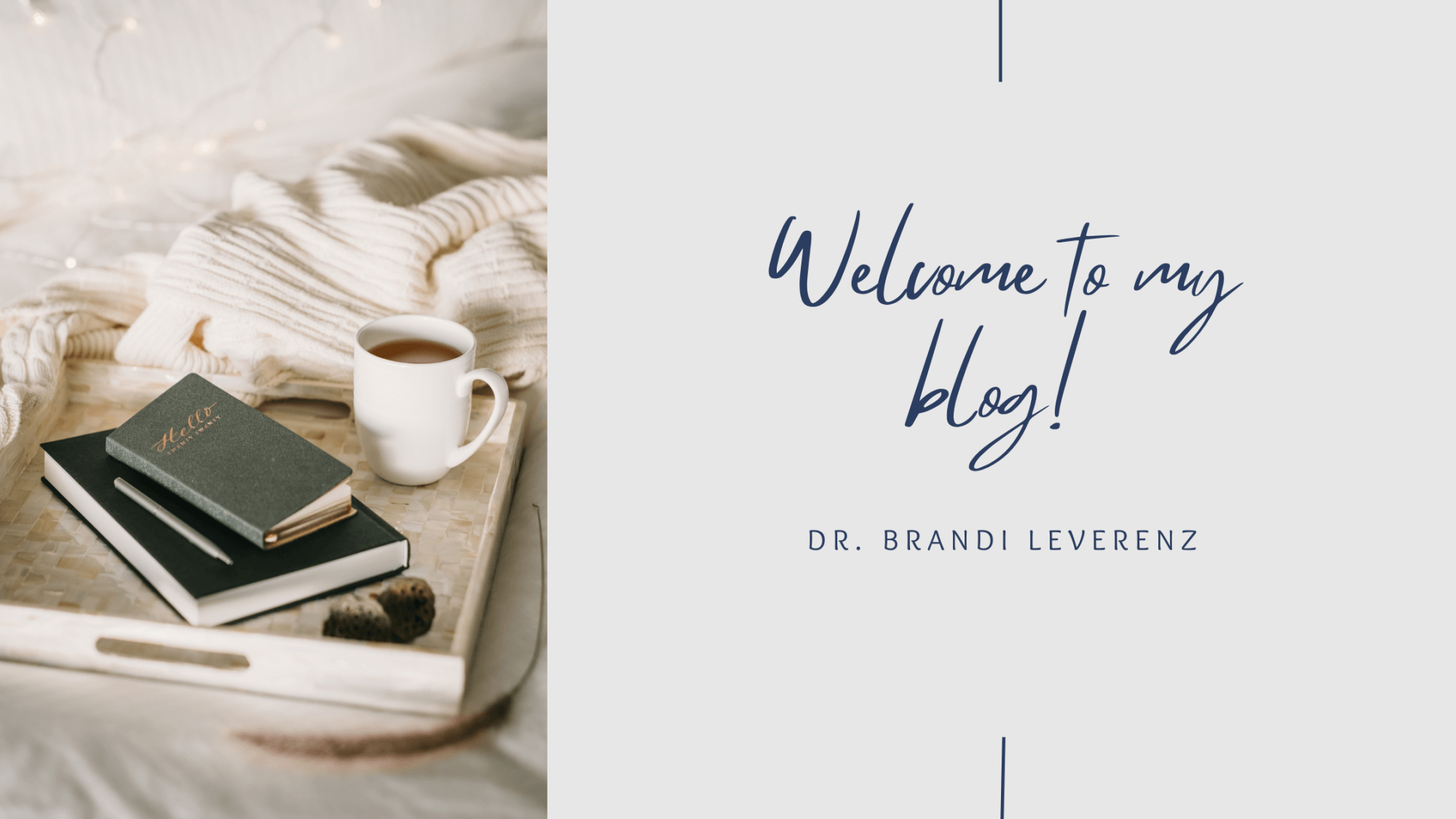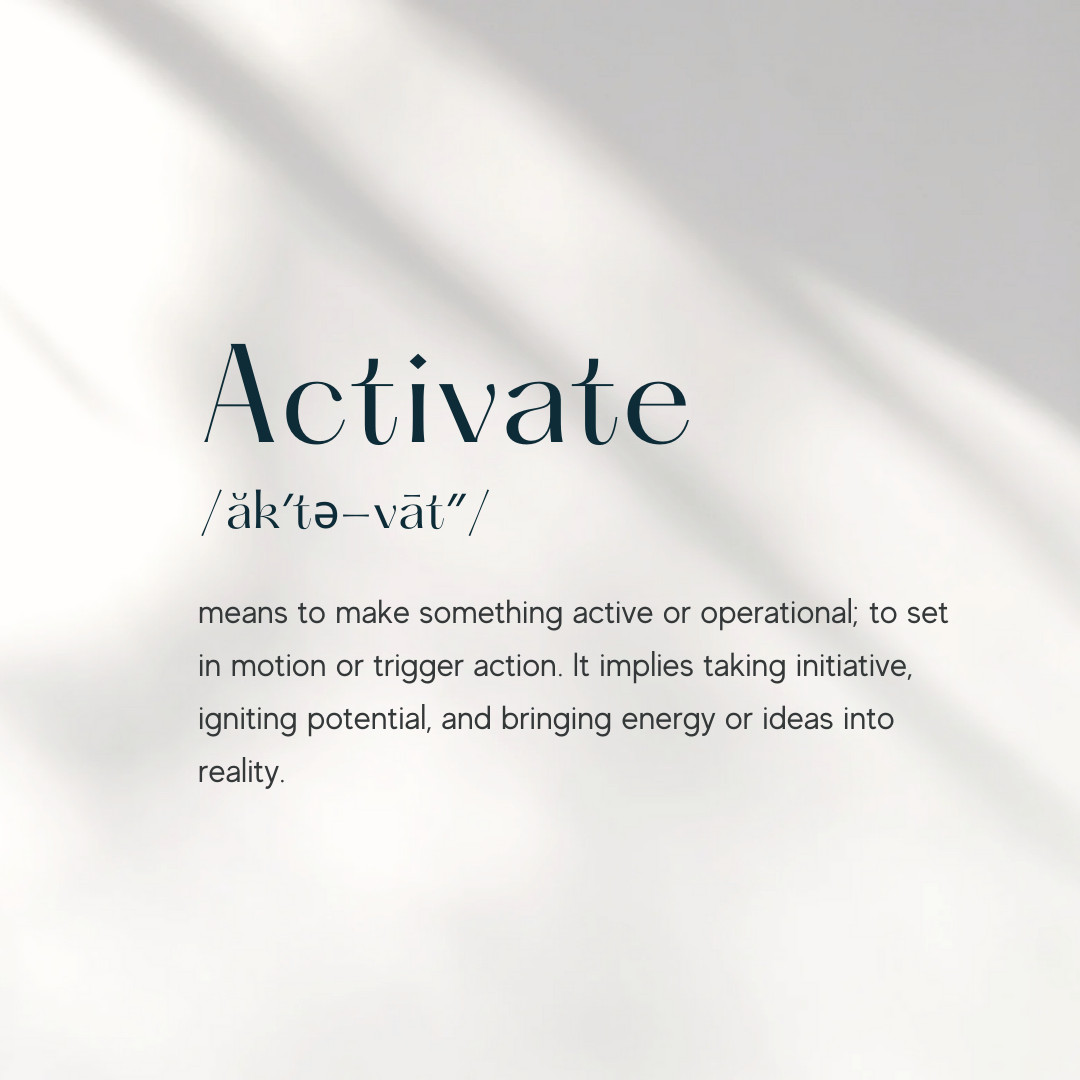
Good sleep hygiene and a good nights rest isn't just about what you do at night; it involves a HOLISTIC approach throughout your day. Here are several strategies:
1. Establish a Consistent Sleep Schedule
- **Consistent Timing:** Try to go to bed and wake up at the same time every day, even on weekends. This helps regulate your body's internal clock.
- **Pre-sleep Routine:** Develop a relaxing bedtime routine to signal to your body that it's time to wind down. This could include reading, taking a warm bath, or practicing relaxation exercises.
2. Mind Your Light Exposure
- **Morning Light:** Get exposure to natural sunlight in the morning as soon as you can. This helps reset your circadian rhythm, telling your body it’s time to start the day.
- **Limit Blue Light at Night:** Reduce exposure to screens at least an hour before bedtime since the blue light emitted can interfere with sleep hormone production.
3. Create an Optimal Sleep Environment
- **Comfort is Key:** Make sure your bedroom is conducive to sleep—cool, quiet, and dark. Invest in comfortable bedding and consider using blackout curtains or a sleep mask.
- **Minimize Noise:** Use white noise machines, fans, or earplugs to block out disruptive sounds.
4. Watch Your Diet and Exercise
- **Mind Your Meals:** Avoid heavy or large meals within a couple of hours of bedtime. Also, be cautious with nicotine, caffeine, and alcohol, as they can disrupt sleep.
- **Physical Activity:** Regular physical activity can promote better sleep, but try not to exercise too late in the day as it may energize you too close to bedtime.
5. Practice Mindfulness and Relaxation Techniques
- **Stress Management:** Engage in stress-reduction techniques such as meditation, deep breathing exercises, or yoga to help calm the mind before bed.
- **Journaling:** Consider writing down your thoughts or to-do lists for the next day to clear your mind of any worries that might prevent you from falling asleep.
6. Be Smart About Napping
- **Short and Early:** If you need to nap, try to keep it short (about 20-30 minutes) and earlier in the afternoon to avoid interfering with nighttime sleep.
7. Consider Your Sleep Position
- **Find Comfort:** Experiment with different sleeping positions to find which feels most comfortable. Consider the use of supportive pillows to maintain alignment and reduce discomfort.
By integrating these practices into your daily routine, you'll be better equipped to harness the power of your circadian rhythm, paving the way for more restful and rejuvenating sleep. Remember, it's about creating habits that support your body's natural processes. If sleep issues persist, however, it may be beneficial to consult a healthcare professional to rule out underlying sleep disorders.
Make an appointment with Dr.Brandi for a Biofield Testing session where she follows the energy to support the body!- Learn more









0 Comments